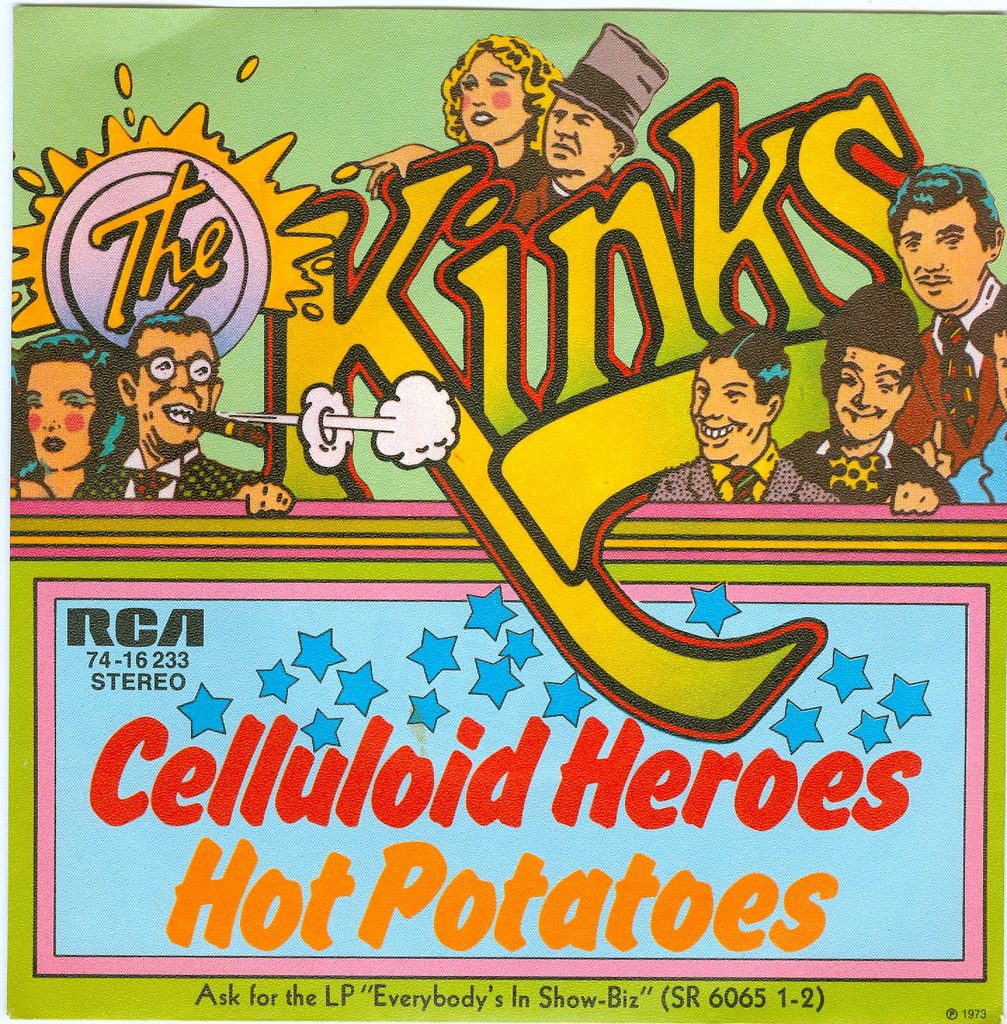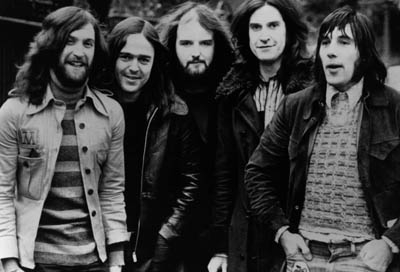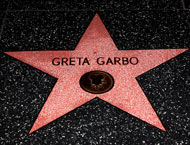 No other songwriter in rock during the 1960s portrayed life in the British Isles as richly and as pointedly as The Kinks’ Ray Davies. In songs such as “A Well Respected Man,” “Autumn Almanac,” “Dedicated Follower of Fashion” and “Dead End Street,” and on albums like Village Green Preservation Society and Arthur, Davies captured vividly the class-driven lifestyles and peculiarities of the English, both present-day and in times gone by.
No other songwriter in rock during the 1960s portrayed life in the British Isles as richly and as pointedly as The Kinks’ Ray Davies. In songs such as “A Well Respected Man,” “Autumn Almanac,” “Dedicated Follower of Fashion” and “Dead End Street,” and on albums like Village Green Preservation Society and Arthur, Davies captured vividly the class-driven lifestyles and peculiarities of the English, both present-day and in times gone by.
By the time the 1970s kicked in, though, Davies had begun reaching into a deeper well for inspiration. The albums Lola Versus Powerman and the Moneygoround, Part One (1970), which took aim at the inequities of the music industry, and the following year’s country music-influenced, nostalgic Muswell Hillbillies, found Davies and the Kinks extending their lyrical and musical range.
For Everybody’s in Show-Biz, released on RCA Records in the summer of 1972, the Kinks went the double-live album route—one studio disc consisting of 10 brand new songs, and a live LP recorded at Carnegie Hall in March of that year. The latter consisted primarily of songs drawn from the recent studio albums, while Davies’ new material—the writing of which coincided with the Kinks’ trend toward more theatricality in their live performances—mixed the autobiographical (a few songs focused on the touring life—and the crappy food consumed along the way) and the observational.
Related: Everybody’s in Show-Biz revisited

While not quite fully a concept album—not in the way that the following Preservation Act 1, Preservation Act 2 and Soap Opera were, anyway—the studio half of Everybody’s in Show-Biz was the most unified statement the band had made since 1969’s Arthur. It was, as all of their output had been over the past several years, exceptional.
It was also a relative bomb. In the United States, where the Kinks’ popularity had ebbed and flowed—largely due to a legal snafu that kept them from touring in the States between 1966-69—the album only reached #70 in Billboard, 35 points lower than Lola had (but better than Muswell Hillbillies, which stalled at #100). Show-Biz also failed to produce a hit single, whereas the title track of Lola had given them their first U.S. top 10 in five years.
In retrospect, what’s most astounding, perhaps, is how American radio—and, consequentially, record buyers—utterly failed to initially recognize what was easily one of Davies’ finest compositions to date: “Celluloid Heroes.”
Incredibly, the song, released on Nov. 24, 1972, failed to chart. Today, it’s considered something of a Kinks Klassik—one of those songs that defines the band and is often cited as being among Davies’ finest creations. The ballad finds the singer looking wistfully at the heyday of Hollywood, that era when all it took was a dream, a modicum of talent and a bus ticket to Los Angeles for fame to turn from a dream to reality—or not.
In the opening stanza, Davies sings: “Everybody’s a dreamer and everybody’s a star/And everybody’s in movies, it doesn’t matter who you are/There are stars in every city, in every house and on every street/And if you walk down Hollywood Boulevard, their names are written in concrete.”

The latter reference, to the iconic Hollywood Walk of Fame, is Davies’ nod to the many who’d come and gone, “Some that you recognize, some that you’ve hardly even heard of/People who worked and suffered and struggled for fame/Some who succeeded and some who suffered in vain.”
He name-checks several: First there’s Greta Garbo, who “looks so weak and fragile, that’s why she tried to be so hard.” There’s Rudolph Valentino (who “looks up ladies dresses as they sadly pass him by”), Bela Lugosi, Bette Davis, George Sanders and Mickey Rooney. And, of course, “dearest Marilyn,” the most glaring example of the star system’s lures and failures: “She should have been made of iron or steel/But she was only made of flesh and blood.”
Recorded with the piano of recent recruit John Gosling taking a prominent role, “Celluloid Heroes” was tender and melancholy, both tribute and admonition. It’s not the stars themselves that our narrator identifies with; it’s who they play. He doesn’t want so much to be a Hollywood star himself; he wants his own life to disappear into those of the characters on the screen. “Celluloid heroes never feel any pain, and celluloid heroes never really die,” Ray Davies sings. It’s a gem of a song that was almost lost amidst the indifference to an underrated album. Fortunately, its own star rose and hasn’t faded since.
Our Classic Video…
And the full studio version
Related: Ray Davies has talked of a Kinks reunion
- Over Under Sideways Down: Making Sense of the Yardbirds’ Album Releases - 05/27/2024
- 17 Classic Chuck Berry Covers - 05/18/2024
- ‘Brandy’ by Looking Glass (It’s a Fine Song) - 05/18/2024


12 Comments
Live version of Alcohol and Holiday should have been hit songs – one of the kinks best albums of all time.
Celluloid Heroes was used by CBS evening news to end the eulogy for Greta Garbo the day she passed away
as always, good writing, jeff! i have always thought that best kinks were showbiz, and muswell with misfits a close third… too bad they were forgotten before they were absorbed…
A rockier arrangement, like on the 1980 live album, would have helped Heroes onto the charts.
It’s too difficult to choose my favourite Kinks album. I adore (and I sincerely mean, ‘adore’)
EVERY Lp. “Celluloid Heroes” and its accompanying album, is a huge gem in their collection.
GOD SAVE THE KINKS!
All great LPS and very nice guys also
All kinks all great
and we still wait for the star on the Walk Of Fame for Ray Davies and/or The Kinks.
The Kinks were colorful but Ray Davies was the cerebral engine driving that plane. “Celluloid Heroes” is a wistful nod to escapism by being someone who is untouchable and, as such, cannot be hurt. Ray Davies is brilliant, clever, and a one-of-a-kind artist- and I love him! The Kinks performed at Proctors theater in my hometown of Schenectady, NY, and when the band exited the building after the show, I was among a group of girls waiting to catch a glimpse of the guys. They came out and everyone there it seemed started screaming. I leaned in toward Ray as he walked by and gave him a sweet kiss; he had a big smile on his face! I’ll never forget that.
To me the live version of Celluloid Hero’s in Zurich is incredible. The first part of the song is incredible.
Thanks for keeping this music from falling down the memory hole. Songs/Artists that tell the Truth will never be forgotten as long as the faithful remnant endure. Keep UP the great work.
“Cant Stop the Music” from “Soap Opera” album, is like a “sister” song to “Celluloid Heroes”. It starts “lets all rise a glass to the rock stars of the past”…..